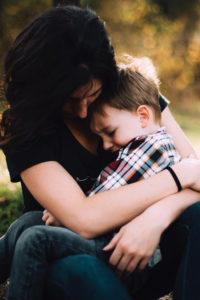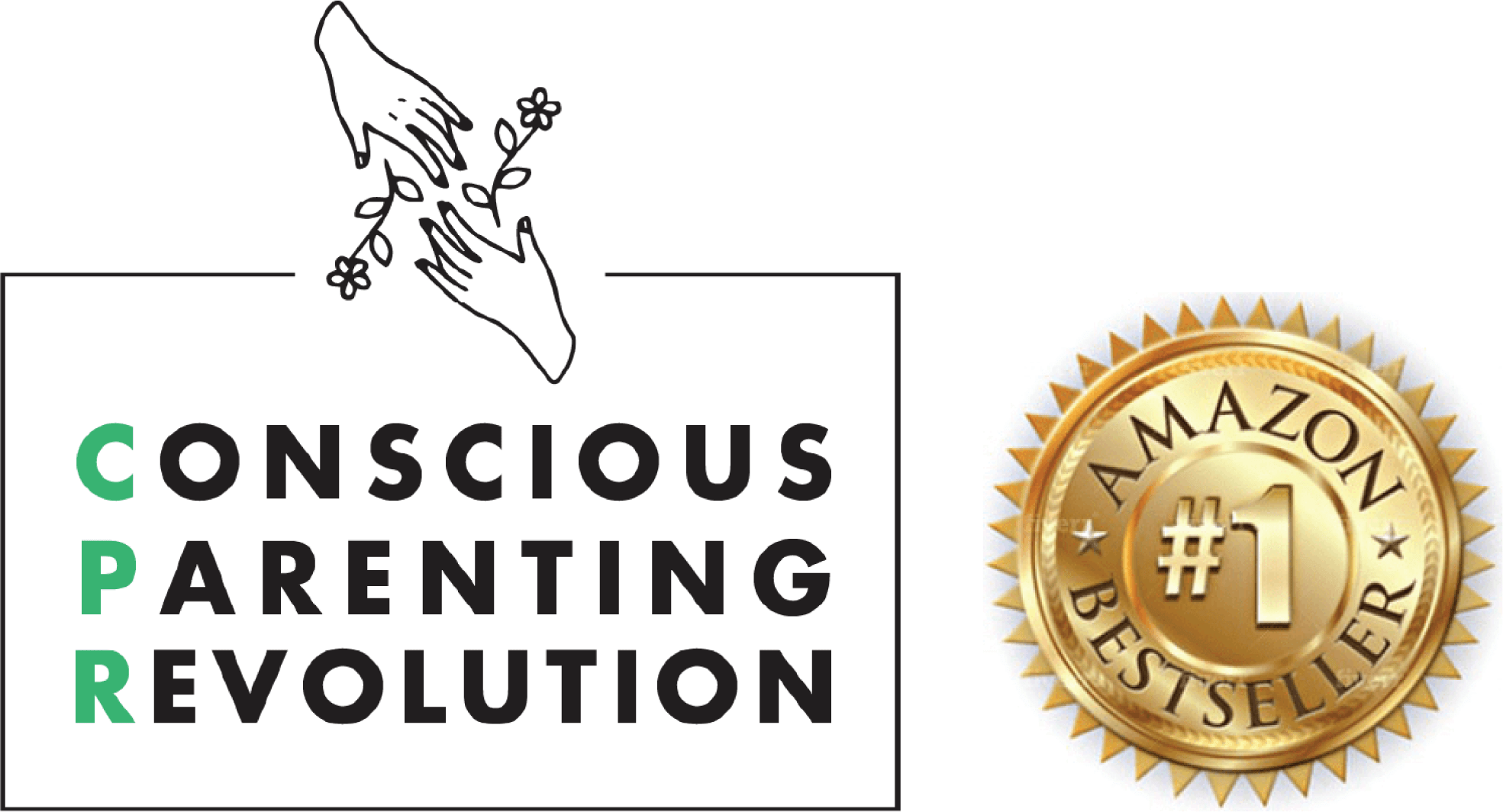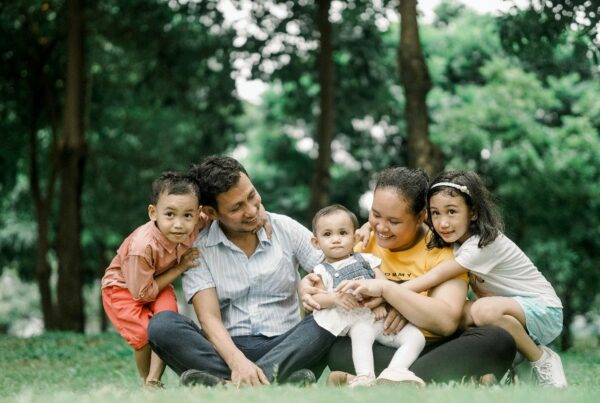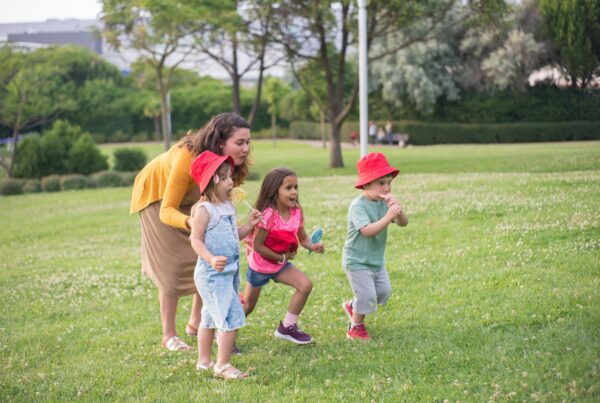There is no subject more difficult to discuss with children and teenagers than dying. And in this time of the Covid-19 pandemic and the graphic murder of George Floyd, this is a stark fact of our modern world.
Terribly, it is also a subject that so often has to be discussed as the adult also has to cope with their own grief. Discussing death with preschoolers, school-age children, and teenagers should, of course, be approached differently.

Preschoolers
Death becomes surprisingly familiar to younger children. There are so many fairy tales, nursery rhymes, and Disney movies that deal with the subject.
And of course, pet animals die, there is death all over our television screens in fact and fiction. In contrast, evidence of death, animals by the side of the road, is common.
The hardest fact for your child to come to terms with, however, is that death is permanent, not temporary. It is also scary and challenging for your child to come to terms with the fact that death happens to everyone; their parents, caregivers, aunts, uncles, grandparents, brothers, and sisters.

What can’t be predicted is how a young child’s reaction to death may manifest itself.
There may be confusion as to why the adults in your kid’s lives, including you, are suddenly so sad and upset. Their routine, so crucial to their stability, may be interrupted, and their reaction could be to become more clingy.
The possible change of a familiar scenario such as going to kindergarten could become traumatic, with your young one seemingly desperate not to undergo any more change in their lives. But your child may also display a nonchalant response, apparently bothered for a few moments before reverting to normal behavior.

This is also a typical response of children at this age because the way to process as big an event as death is done piece by piece, over time. In fact, the release of that grief could even be delayed until the child is older and feels more capable of expressing it. This can often happen when someone who has died is closer to them, such as a parent or brother or sister.
It’s important not to deliberately avoid any questions about dying from a preschooler. And even if the death of a person close to the young one has not occurred, it is a subject that should be discussed to help deal with the trauma once it does happen.
Answering your child’s questions should be brief, quick, and easy to understand. It can be explained, for example, that a body has stopped working, so that means they aren’t around anymore.

Euphemisms for death, such as ‘grandma’s gone to sleep,’ should be avoided as they could give your child the idea that if they did go to sleep, they might die. Telling your child a person died because they were sick could trigger a similar worry. Sickness can be explained, for example, by saying that not all infected people die.
If your child is directly affected by a death, such as a close relative who has passed, they need to be told how any activities that the person carried out with the child will now be replaced.
You should also not be afraid of expressing your own grief so that your young one or older children come to understand that they, too, are undergoing something complicated.
Open-casket funerals for young ones and even older people can be traumatic, this is the sort of thing to consider in advance before attending with children of any age. It would be perhaps too traumatic to attend. Still, it is a good idea to help your child memorialize the person who has died, for example, by lighting a candle or even writing a letter saying goodbye.
Discussing Death With School-Age, Pre-Teen Children
Older children can grasp that death is an end, that it is permanent. Parents and caregivers can provide comfort just by ‘being there’ to give them a feeling of familiarity.
The grief and sadness at this age may manifest itself physically. There may be headaches or stomach cramps that accompany the tears and sadness. The mourning is also likely to come and go, just like it will with a younger child, as the pre-teen processes the loss.

Also, perceiving that death is final, they may even recognize the person who has died as an angel, a skeleton, spirit, or ghost. They will want to know what happened and what will happen to the body, which shouldn’t be shied away from and must be handled sensitively.
Death is also likely to trigger concerns about their own mortality, which is expected to lead to feelings of anger, shame, guilt. Physical aggression may also be a consequence. Feelings of abandonment and insecurity will also come to the surface. They could even feel that it is they who are responsible for the death.
Discussing Death With Teenagers
From the start of the teen years onwards, the child will have a clearer understanding of death and what surrounds it. But although they will have that mature understanding, they will not have any of the adult coping mechanisms to help deal with it.
Grief is likely to manifest in more severe ways, such as lashing out at family members and people close to them. Further reckless behavior as a consequence of grief should be looked out for, including alcohol abuse, drug abuse, fighting, and sexual promiscuity.

It may lead to more profound questions about their faith and fundamental view of the world, which could have been shattered by such a traumatic event. As they seek their independence, they may also shun offers of help and assistance, which could mean the teenager is spending more time alone or with friends.
This is a time to talk about your family’s religious or spiritual beliefs about death. You can also encourage your teenager to speak to someone outside the circle of parent or caregiver. Grief counselors, mental health professionals, and psychologists are available as a resource for whatever age, too, of course.
Children this age should play a role in the memorial and funeral. If it would help, a visit to the location before the event may help calm nerves and provide reassurance.

Feelings of guilt may also manifest themselves, especially if a sibling is the one who died. This could also be evident following arguments when your teenager says, “I wish you were dead.” Feelings of guilt could be an obvious outcome. But it is also possible for your teen to take on more responsibility, to take on the role or part of the role that was lost when the person died.
The main thing is to handle questions and reactions with sensitivity and understanding. And be open to how your kids, whatever their age, are processing their grief.
If you liked this blog post, then check out my post on How To Spot Anxiety In Your Kids.









